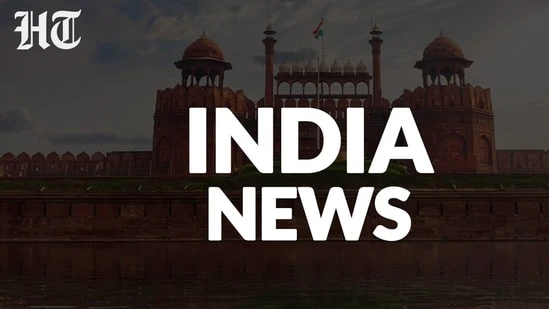The National Democratic Alliance’s campaign in Bihar is especially focusing on over two dozen seats that were swapped between various constituents of the National Democratic Alliance to ensure that the transfer of votes-sometimes a tricky issue-happens smoothly, people aware of the matter said.
The presence of JDU leader and Chief Minister Nitish Kumar along with leaders of all the alliance partners including union ministers Chirag Paswan of the LJP, and Jitan Ram Manjhi of the HAM and BJP president JP Nadda at release of the NDA’s election manifesto on Friday was a show of strength and a message to reinforce the cohesiveness of the alliance, they added, asking not to be named.
But at the constituency level, it is important to focus on the details in an election that the Bharatiya Janata Party has emphasized, which is being contested jointly by the NDA allies under the leadership of Nitish Kumar.
One of the people, a BJP leader, said the campaign for the upcoming election has been designed to ensure that the BJP’s star campaigners, Prime Minister Narendra Modi, union minister Amit Shah, chief ministers of BJP ruled states and union ministers will be canvassing for a collective NDA.
“We are confident of winning two-thirds of the total 243 seats, but we are not leaving anything to chance. Our cadre has been instructed to not just shine light on the achievements of the BJP and PM Modi but to highlight the collective strength of the NDA, and the change that is evident in Bihar under Nitish Kumar,” added this person.
And it will ensure that nothing is lost in translation in the swapped seats, he said.
“Each party has its own support group drawn from their caste and ideological affiliations. And in the political landscape of Bihar, where parties have changed alliances in the past, it is challenging to ensure that the support group remains intact. This is particularly challenging when seats are swapped between parties and we have to ensure that the transfer of votes is smooth,” said the leader.
There are several such.
For instance, there are about 14 seats that JDU had contested in 2020 but have now been given to the Lok Jan Shakti Party (RV) and the Rastriya Lok Morcha (RLM). For instance Bajpatti and Belsand in Sitamarhi district, which were contested by the JDU in 2020 have now been given to the RLM and LJP respectively. In Purnia’s Kasba the seat has been swapped between HAM and LJP. At least two seats from HAM have been given to the LJP, these include Makhdumpur (SC) and Kasba.
The BJP is contesting eight of the 11 seats that were given to VIP in 2020. The JDU is contesting five seats which the BJP had contested in the last election and the LJP is contesting 11 seats that were in the JDU’s quota in 2020, the BJP has also given 10 seats to the party and HAM has given two. The LJP has also got a few seats which were allocated to VIP in 2020.
Of the RLM’s 6 seats, three are seats that had a JDU contestant, 2 had a BJP candidate and 1 was contested by the VIP candidate.
Transfer of votes becomes critical when there are rebel candidates.
The BJP leadership is keen that the strike rate of all the NDA partners is at par so that there is no dip in the overall tally. “This time there is a new entrant, the Jan Suraaj Party, which has fielded many rebels from the NDA and Mahagathbandhan. These rebels are expected to eat into the vote of both the main blocs, but we do not perceive any threat to our tally from the new party; what we need to reinforce is that there is no friction between the NDA,” said a second BJP leader who too asked not to be named.
In 2020, the friction between the LJP and the JDU was perceived as the reason for the drop in the latter’s performance. The JDU which contested 115 seats saw its tally fall to 43 from 71 in 2015. The BJP which contested 110 seats won 74. The LJP which was not part of the NDA in the state, fielded 137 candidates, all against JDU, but won a single seat.
This time the allies have made a concerted effort to present a united front. Both the BJP and the JDU agreed to contest 101 seats each to accommodate the other allies. While LJP has been the gainer with 29 seats allocated to it, the HAM and RLM are contesting six each.
The transfer of votes should happen more smoothly this time, the second leader said: ”The redistribution of seats was based on the caste composition and the winnability of the party and its candidate. So, largely the caste factor which is key to elections in Bihar has been maintained….”
